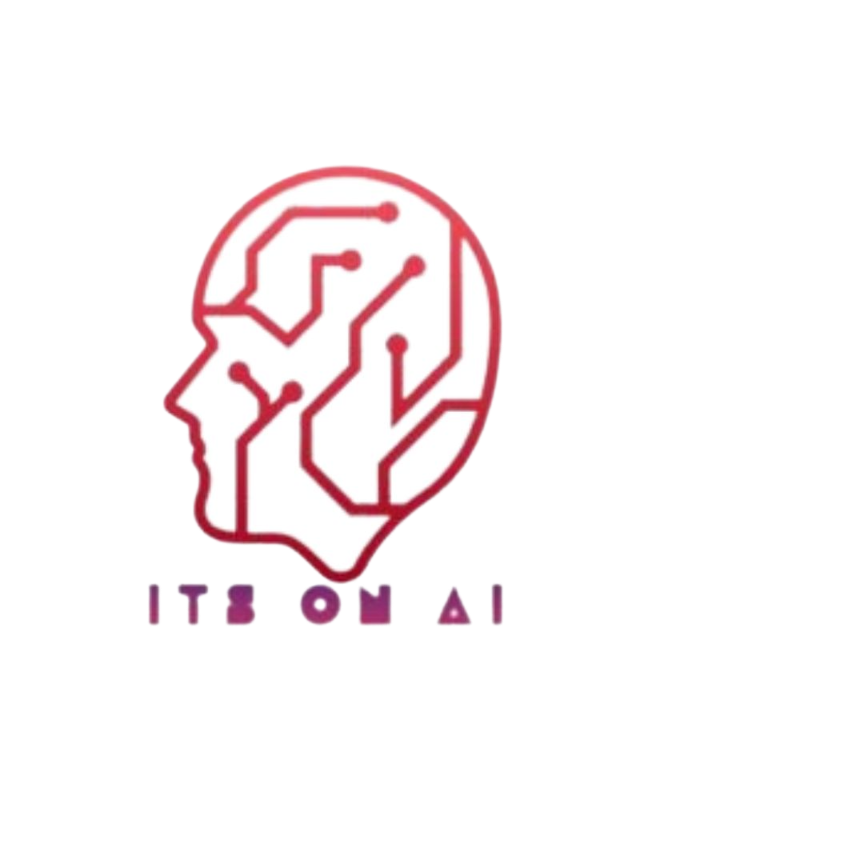AI Shine On Dark Data
In the expansive landscape of digital information, a concealed treasure trove known as AI shine on dark data that lies dormant, waiting to be discovered. Dark data represents the uncharted depths of organizational information, often overlooked and underutilized. It encompasses a vast reservoir of untapped potential that has eluded traditional data analysis methods. Enter artificial intelligence (AI), the beacon of illumination in the obscure realms of dark data.
Table of Contents
ToggleAs organizations navigate the complex web of data generated in their daily operations. A significant portion remains in the shadows, unexplored and unrealized. This dormant data, ranging from customer interactions to operational logs, has the potential to unveil invaluable insights. It can shape strategic decisions and fuel innovation.
The allure of dark data lies not only in its sheer volume but in the mysteries it holds. Organizations, grappling with the challenge of managing and deriving meaningful insights from this data, find solace and hope in the capabilities of AI. Artificial intelligence emerges as a transformative force, capable of deciphering the enigma of dark data and converting it into actionable intelligence.
We delve into the very essence of dark data, the challenges it presents, and the transformative power AI brings to the table. Join us as we unravel the mysteries, unlocking a new era where AI acts as the catalyst for innovation and informed decision-making in the realm of dark data.
Understanding Dark Data
Dark data refers to information collected and stored by organizations but not actively used for decision-making or business operations. It includes various forms of data, such as customer interactions, sensor outputs, and transaction logs that remain dormant in the digital shadows. To fully comprehend the significance of AI in this context, we must first explore the nature and types of material prevalent across industries.
The Challenges Posed by Dark Data
The existence of dark data poses several challenges, ranging from security and privacy concerns to missed opportunities for extracting valuable insights. Organizations often grapple with the sheer volume of data, leading to storage and management issues. AI steps in as a formidable ally to overcome these challenges.
AI’s Entrance into Dark Data Exploration
AI algorithms, driven by machine learning and advanced analytics, possess the capability to process and analyze vast datasets at speeds and scales unattainable by traditional methods. This marks a paradigm shift in the approach to data exploration, where AI becomes the key to unlocking the untapped potential of dark data.
Use Cases of AI Revealing Dark Data
The impact of AI on revealing dark data is evident across diverse industries. In healthcare, AI algorithms analyze patient records and diagnostic data, uncovering hidden patterns that can lead to more accurate diagnoses and personalized treatment plans. Similarly, the financial sector benefits from AI’s ability to detect fraudulent activities and identify market trends from seemingly unrelated data points.
Addressing Security and Privacy Concerns
As organizations embrace AI to explore dark data, concerns about data security and privacy come to the forefront. AI-powered encryption and anonymization techniques provide solutions to mitigate these risks, ensuring compliance with data protection regulations while maintaining the transparency required for meaningful analysis.
Unlocking Business Insights with AI
The integration of dark data into decision-making processes opens new avenues for businesses. AI’s ability to identify patterns and trends within this data facilitates informed decision-making, enhancing customer experiences and improving overall operational efficiency.
The Role of Machine Learning in Dark Data Analysis
Machine learning plays a pivotal role in dark data analysis, offering both supervised and unsupervised learning methods. Organizations can train AI models to recognize patterns within dark data, enabling continuous learning and adaptation to evolving datasets.
Implementing AI Solutions in Organizations
Integrating AI into existing systems requires careful planning and execution. Organizations must take steps to overcome resistance to change and foster acceptance of AI technologies. Examining case studies of successful AI adoption provides valuable insights into effective implementation strategies.
Future Trends in AI and Dark Data Exploration
The future of AI and dark data exploration holds exciting possibilities. Advancements in AI technology are expected to further revolutionize industries, with predictions ranging from improved diagnostics in healthcare to more efficient supply chain management. However, ethical considerations and responsible AI shine on dark data use must remain at the forefront of these developments.
Challenges in AI’s Journey with Dark Data
Despite the promises AI holds, challenges persist. Biases in AI algorithms, data quality issues, and ensuring accessibility and affordability of AI solutions are hurdles that must be overcome to fully realize the potential of dark data.
Realizing the Full Potential of Dark Data
To unlock the full potential of dark data, a collaborative effort is required. Organizations must engage in data sharing initiatives, and public-private partnerships can facilitate the responsible and widespread use of dark data. Creating a culture of data awareness within organizations is crucial to fostering innovation and growth.
AI’s Contribution to Innovation and Research
AI’s impact extends beyond business realms into innovation and research. By accelerating scientific discoveries and supporting innovation in various fields, AI becomes a catalyst for progress. Its contributions to academic research further solidify its role in shaping the future.
AI and Dark Data in Everyday Life
The influence of AI and dark data is not confined to the corporate world. It permeates into personal technology, contributes to the development of smart cities, and has implications for the average individual. Understanding these impacts is essential as we navigate a future increasingly intertwined with AI.
Bottom Line:
The marriage of AI and dark data holds immense potential for transforming the way organizations operate, make decisions, and innovate. As we tread into this data-driven future, it is imperative to embrace AI responsibly. Addressing challenges, and ensuring ethical considerations guide its evolution.
FAQs
- How does AI protect sensitive information when exploring dark data?
- AI employs advanced encryption and anonymization


